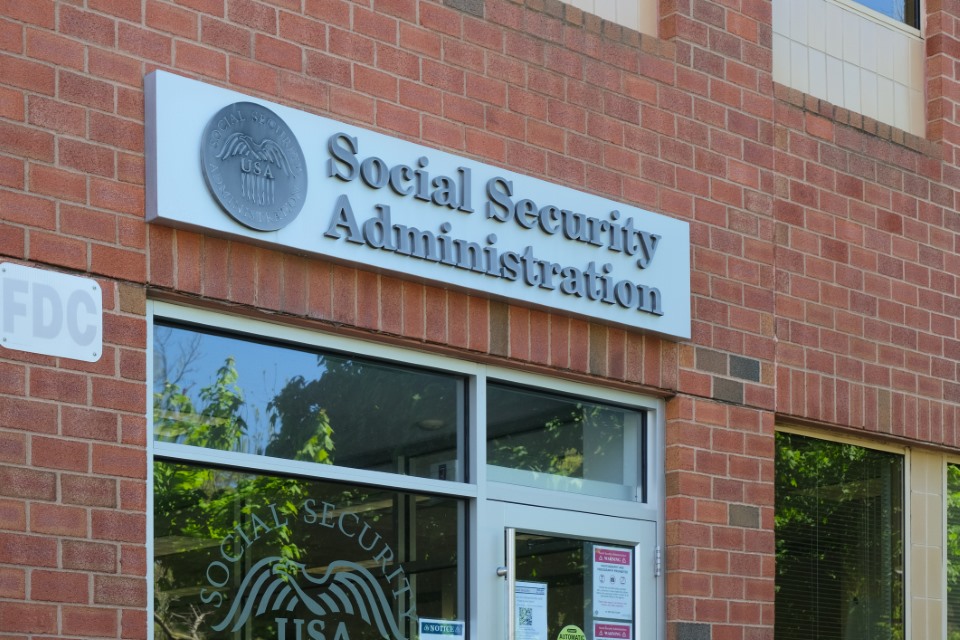Beware of funeral scams
Sources: Federal Trade Commission (FTC) and AARP
Scammers often prey on people’s emotions. This makes people who are grieving the loss of a loved one ideal targets. The imposters pretend to be from the funeral home and threaten to cancel the funeral unless the family pays more money immediately.
Here’s how to spot and avoid this scam:
- Resist the pressure to act immediately. Honest businesses will give you time to make a decision. Anyone who pressures you to pay or give them your personal information is a scammer.
- Contact the funeral home directly. Use a phone number that you know is real, not one you got from a text message, email or phone call. If you don’t know the funeral home’s phone number, you’ll find it on the General Price List you got from the funeral home.
- Only pay by conventional methods. Scammers want to get your money immediately, and in a way that makes it hard to track them down and hard for you to get your money back. Never pay someone who insists you pay with a wire transfer, cryptocurrency or a gift card. Also, never deposit a check and send money back to someone.
Consumers need to be aware of what their budgets are for funeral services of a loved one and should be skeptical of funeral homes that seem to overcharge or sell extra features that are not wanted or needed.
The Funeral Rule, a regulation issued in 1984 and enforced by the Federal Trade Commission (FTC), requires funeral homes to disclose the cost of every item and service they provide.
Price transparency is essential when you are planning the funeral of a loved one. If you feel you are being guided to purchase something that is not needed (such as a casket when your loved one is being cremated), ask questions and be skeptical.
How to protect yourself from these scams:
- Shop around and ask questions. Funeral homes are required to provide price information over the phone if asked, and some post their price lists online.
- Be wary of package deals that promise a discount on the casket. These packages often more than make up the difference in fees and unnecessary services. A funeral home cannot force you to buy a package that includes items you don’t want.
- Consider buying a casket or urn from a local store or online. You might pay less, and a funeral home can’t legally refuse your choice or require you to be present when it’s delivered.
- Get a written statement, before you pay, that shows exactly what you’re buying.
- Understand what you’re getting in a prepaid funeral contract. Does the plan cover only merchandise (like the casket and vault), or does it include services as well?
- Take some time to make decisions. You should have at least two days to make arrangements, and possibly a week or more.
- Keep your budget to yourself. Avoid telling the funeral director how much you’re prepared to spend.
- Don’t buy a casket if your loved one is being cremated. The FTC says there’s no state or local law that requires you to buy a casket if your loved will be cremated. You can select a less expensive container.
- Embalming isn’t always required. No state mandates embalming. Although, the FTC notes that embalming may be required if the burial or cremation doesn’t occur within a certain period of time.
For more information about funeral costs and regulations, go to consumer.ftc.gov and search for “funeral.” The Funeral Consumers Alliance (FCA), an educational nonprofit with nationwide affiliates, offers funeral consumer support and information at funerals.org. The FCA of Pennsylvania can be reached at 267-712-9695 or fcapa.org.
To report a scam, contact the FTC at 1-877-382-4357 or ReportFraud.ftc.gov.




